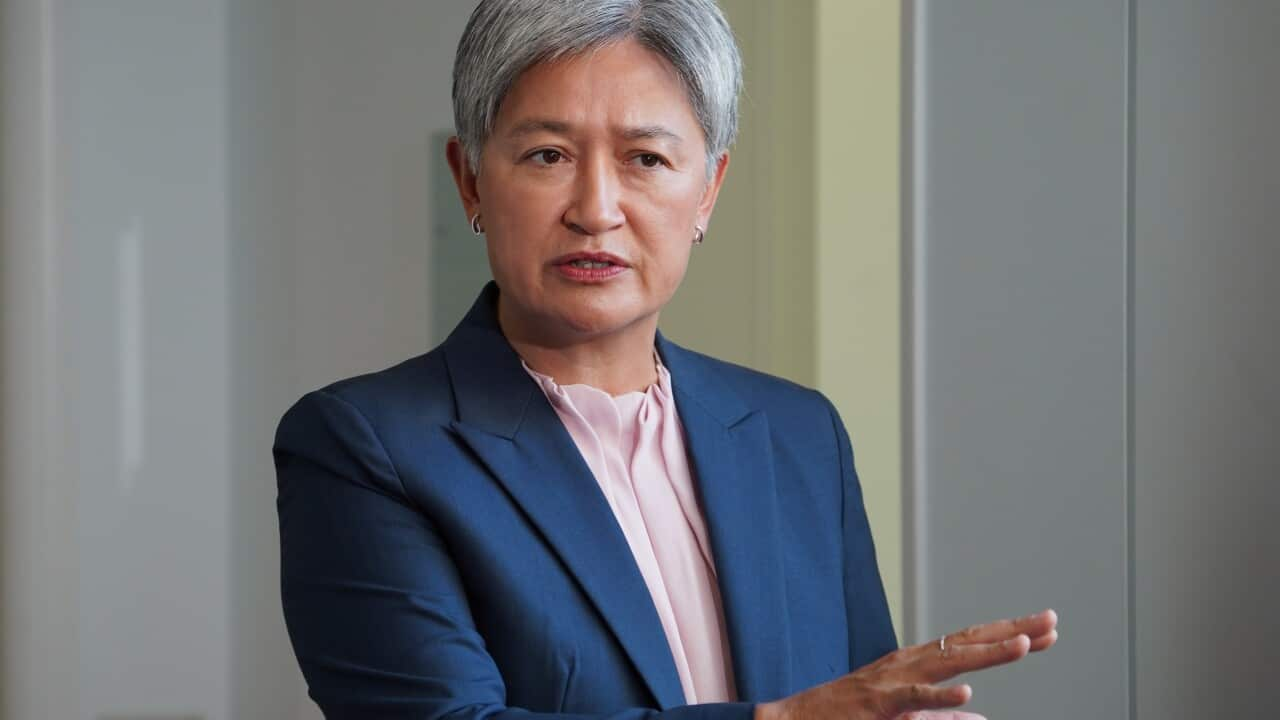TRANSCRIPT
Qatar has revealed discussions around a ceasefire between Israel and Hamas in Gaza are not very promising.
But the country's prime minister Sheikh Mohammed bin Abdulrahman Al Thani says he remains optimistic.
"You know, the time is not in our favour. We made some good progress in the last few weeks in the negotiations, and we've been trying to reach an agreement between the two parties, yet the last few days has not been progressing as expected. And I believe there are still differences."
Several high-level international diplomats have gathered in Munich to discuss the possibility of a ceasefire in the Gaza conflict.
Many world leaders have issued messages of concern around Israel's upcoming military expansion into Rafah, including the United States and Australia.
But Israel's prime minister Benjamin Netanyahu says he will not bow to international pressure to come to a settlement.
“Those who want to prevent us from acting in Rafah are basically telling us - lose the war. I will not have a part in this. The political campaign that I am leading with my friends allows us to operate with unprecedented freedom of action for five months, something that has not happened in Israel's wars. And I want to tell you that this is not a given. We achieve this with your support, citizens of Israel, we will not give in to any pressure.”
An estimated 1.4 million Palestinians, more than half of Gaza’s population, are crammed into Rafah, most of them displaced by fighting elsewhere in the territory.
Palestinians and international aid agencies say there is no safe place to go, with Israel also carrying out strikes in areas where it had told civilians to seek shelter, including Rafah.
Thousands of protesters have marched in Tel Aviv to demand the resignation of the current Israeli government.
This protester says an early election is possible.
"We must replace the government right now. We must, either way, go for election, immediate election, or there is another way to replace our Prime Minister. It's in the government law, and it's possible to replace our Prime Minister within four days only. Four days only we can replace him, but we need the majority of 61 Knesset members."
Some protesters also called for the government to do more for the hostages captured by Hamas.
Meanwhile, in the northern part of the Gaza Strip, hundreds of people have gathered at a refugee camp to demand food and medical supplies.
"Even medicines are not allowed to reach this area. There are diseases that are widely spreading in hospitals, schools and everywhere. Epidemics and diseases are spreading among our people in north Gaza where there are no medicines. If they are available, a citizen cannot afford to buy them."
Hamas has blamed Israel for a lack of progress in achieving a ceasefire and has threatened to suspend its involvement unless relief supplies are brought into the north of Gaza.
The Israeli military launched its war in response to a cross-border Hamas attack on October 7 which killed around 1,200 people in Israel and took 250 others hostage.
Gaza's health ministry says the air and ground offensive has killed more than 28,000 Palestinians and caused widespread destruction.





